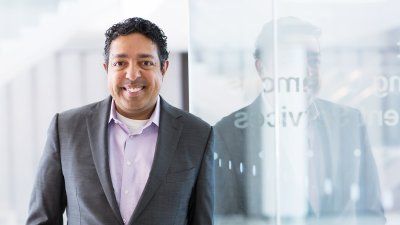UCSF Website Launches Redesigned Experience
UCSF’s digital front door has a new look and feel. We’re unveiling the first complete overhaul of UCSF.edu since 2015.
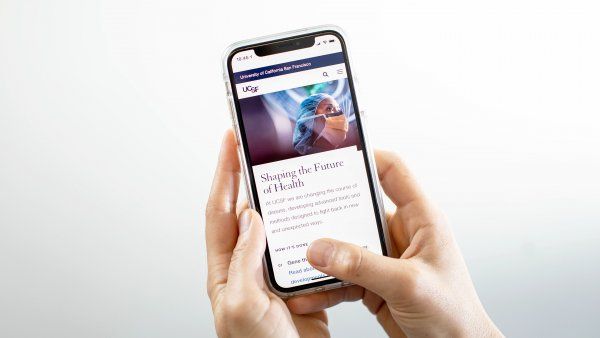
University of California San Francisco
UCSF’s digital front door has a new look and feel. We’re unveiling the first complete overhaul of UCSF.edu since 2015.

Corinne Woods (center) at a UCSF Community Advisory Group meeting in 2011 where UCSF staff presented future plans for the University. Corinne Woods, a longtime advocate for San Francisco’s
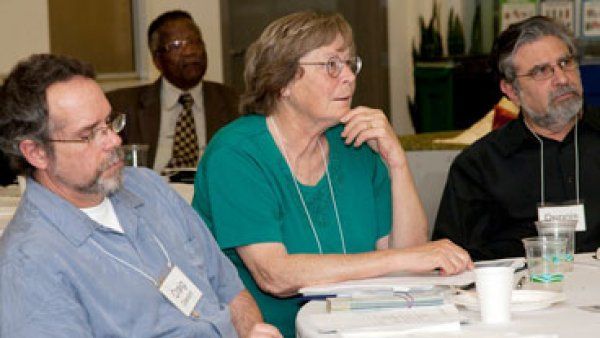
While organ transplant recipients receive continual care as the end-stage treatment to their condition, attention also should be given to living donors, who can suffer from hypertension, diabetes and
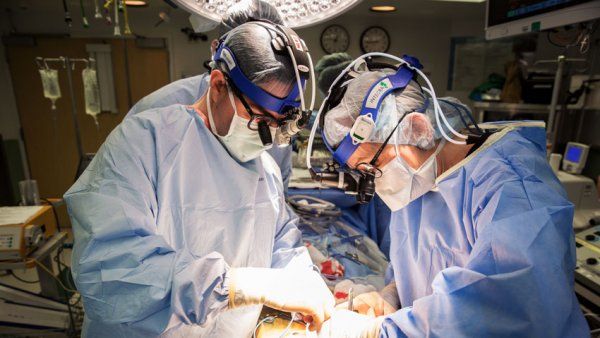
Reducing smoking, and its associated health effects, among Medicaid recipients in each state by just 1 percent would result in $2.6 billion in total Medicaid savings the following year, according to
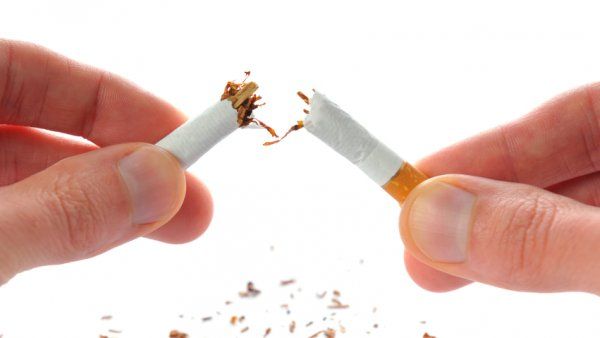
UC San Francisco scientists have designed a large-scale screen that efficiently identifies drugs that are potent cancer-killers when combined, but only weakly effective when used alone. Using this
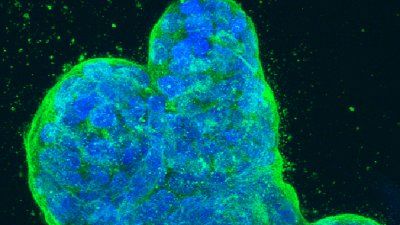
At least six states with high opioid abuse rates also have strong work restrictions that hinder nurse practitioners in prescribing medication that can help treat the problem.

The University of California is preparing for a one-day unfair labor practice strike across the UC system on April 10.
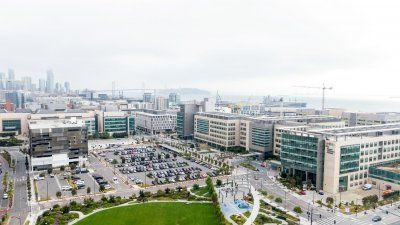
Image courtesy of the National Cancer Institute Immunotherapy drugs known as checkpoint inhibitors have revolutionized cancer treatment: many patients with malignancies that until recently would
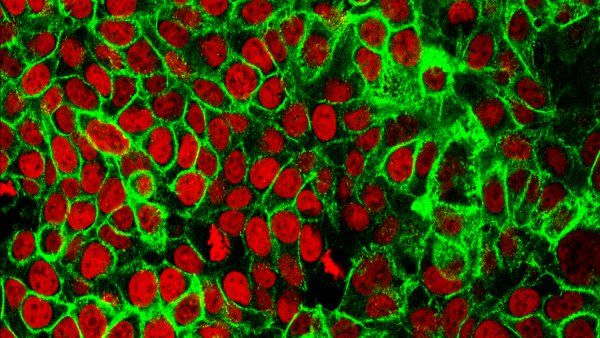
The new awards will enable staff members across every level of the organization to translate their ideas into measurable actions that address some of the key challenges facing UCSF Benioff
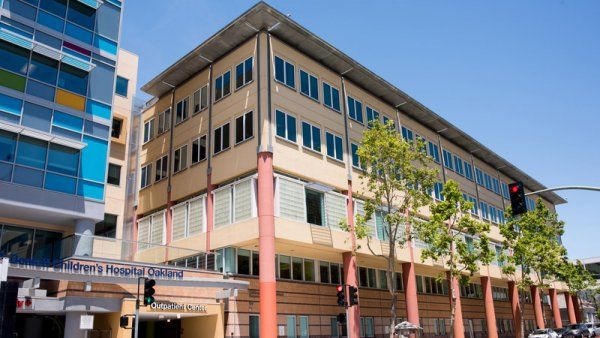
Ronald D. Vale, PhD, professor of cellular and molecular pharmacology at UC San Francisco, was named a winner of the 2019 Canada Gairdner International Award, one of the most prestigious awards in the
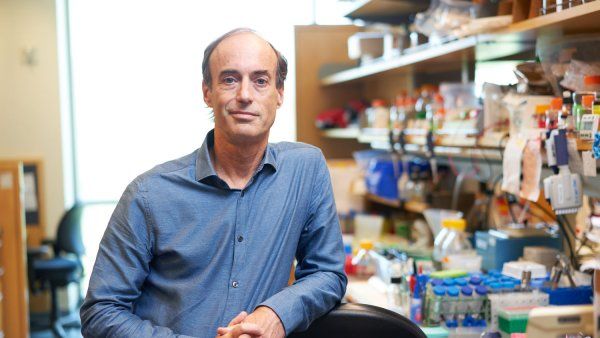
Amyloid positive PET scan. A first-of-its-kind national study has found that a form of brain imaging that detects Alzheimer’s-related “plaques” significantly influenced clinical management of
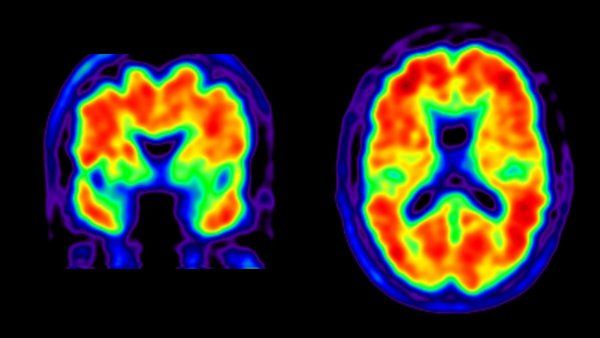
We spoke to UCSF women – scientists, clinicians, students, staff and alums – about their experiences with gender, science and success.
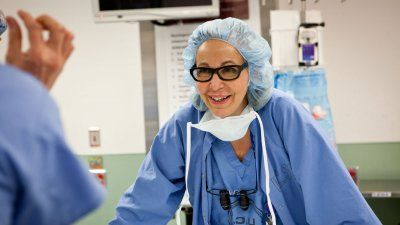
New UCSF study may have answered how your brain knows when you’ve had enough water.
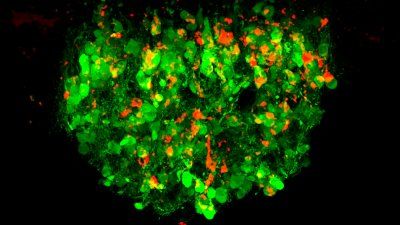
The San Francisco Business Times and the Association for Healthcare Philanthropy honor two UCSF trailblazers in health care philanthropy: Jessica Jencek and Erin Hickey.
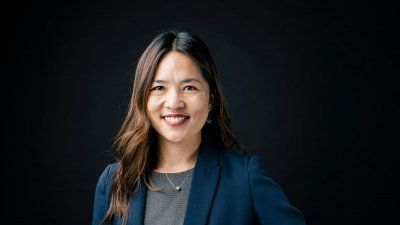
Ten finalists competed in the fifth annual Grad Slam to inform and entertain with three-minute talks based on their own research.
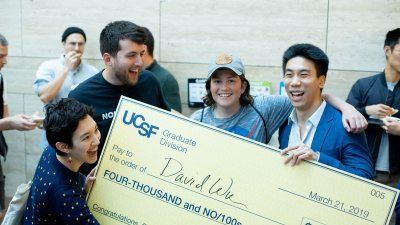
Butte, Kortemme, and Link were inducted as fellows during the AIMBE annual meeting at the National Academy of Sciences in Washington, DC, on March 25, 2019.
